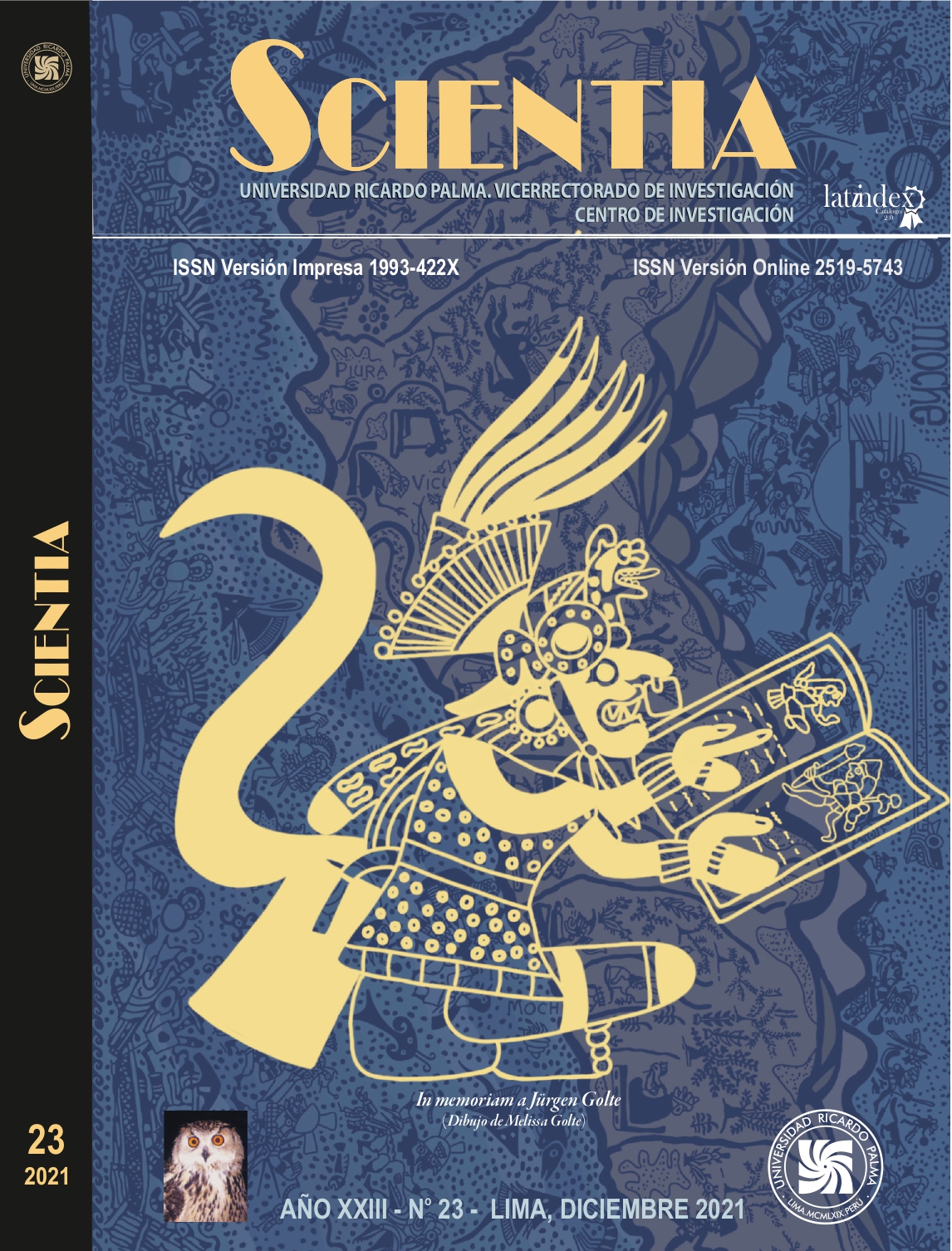HEGEMONIC KNOWLEDGE AND THE HUMAN RIGHT TO WATER: THE PERUVIAN CASE
DOI:
https://doi.org/10.31381/scientia.v23i23.4597Keywords:
Knowledge, Knowledge, public policy, water management, urban operators, coverage.Abstract
The United Nations (UN), since the beginning of the 21st century, has carried out intense
intellectual and diplomatic activity to influence the national policies of member countries, aimed at achieving universal coverage in water and sanitation, approved for the
period 2005 - 2015, in the so-called Millennium Development Goals (MDGs), that are updated and expanded in the Sustainable Development Goals (SDGs) in force after 2015.
International knowledge affirms the need to “have sufficient quantity and quality
of water to ensure the health and improve the well-being of people”; the approach
to access to water makes sewage invisible and postpones the need to improve and
sustain the management of providers. National hegemonic knowledge, which is developed with contributions from global knowledge, is decisive for the elaboration of
diagnoses and the approval of national policies





2.png)



